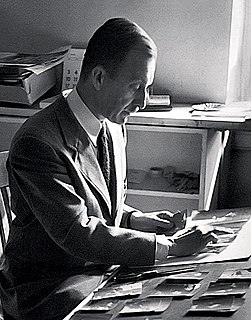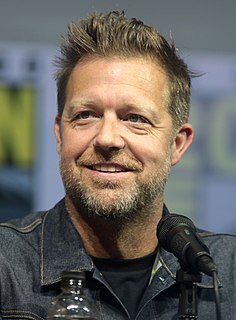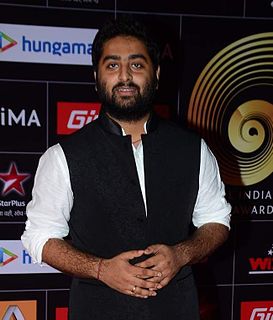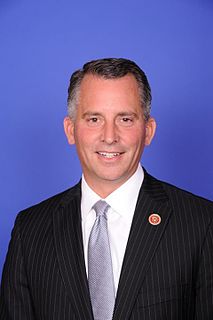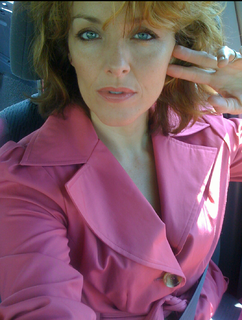A Quote by Shweta Basu Prasad
While on shoots, if I am not shooting for a scene, I would do any work that I can pick, including taking the clap, cue, basically assisting my directors.
Related Quotes
I would like to believe that I am a collaborative actor. That's why I love all the directors I have worked with in recent times, as they are all collaborative directors. I think my constant desire is to keep bettering my own work. I don't get easily satisfied with my work; I am very critical of it. I learn from my mistakes.
In the age of activism that is clearly not going away, it would seem that some form of engagement from directors with shareholders - rather than directors simply taking their cues from management - would go a long way toward helping boards work on behalf of all shareholders rather just the most vocal.
When an archer is shooting for nothing, he has all his skill. If he shoots for a brass buckle, he is already nervous. If he shoots for a prize of gold, he goes blind or sees two targets - He is out of his mind! His skill has not changed. But the prize divides him. He cares. He thinks more of winning than of shooting- And the need to win drains him of power.
Any filmmaker, big directors, and I'm not dropping any names - I actually have couple names I want to say, but I will not - we have a ratio. Each thing you repeat, my ratio is one to four.Actually some people are ratio one to 34. I know couple directors, big directors, they are just shooting over and over.
I rarely feel the desire to reread a scene the day before the shooting. Sometimes I arrive at the place where the work is to be done and I do not even know what I am going to shoot. This is the system I prefer: to arrive at the moment when shooting is about to begin, absolutely unprepared, virgin. I often ask to be left alone on the spot for fifteen minutes or half an hour and I let my thoughts wander freely.



